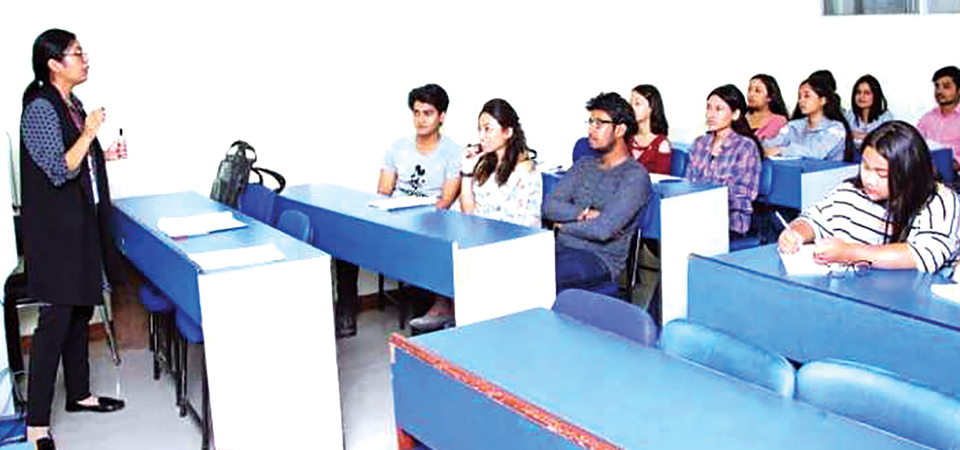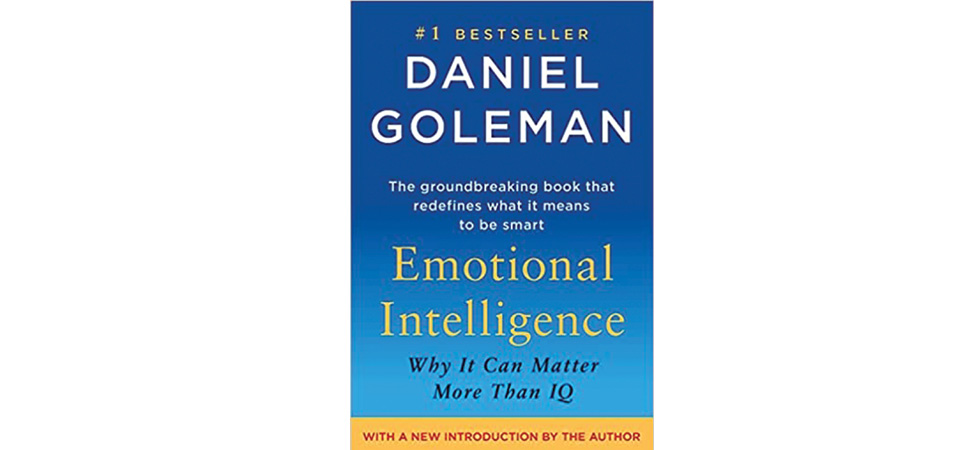Content and Language Integrated Learning

Pushpa Priya
Content and language integrated learning is an approach to learn subject and language at the same time that benefits the students having a command over the second language like English along with the subject they read. Many research studies have found that Content and Language Integrated Learning (CLIL) develops the creativity, critical and communicative skills of the students resulting in good adjustment in 21st-century skills.
CLIL is beneficial to learners of every subject. Internalising the importance of CLIL for the personal development of students intrigued me to read research articles related to the topic.
Beneficial
This write-up discusses content and language integrated learning (CLIL) that is beneficial for the students of economics, emphasising the importance of CLIL in terms of developing skills or competence to face a competitive global marketplace regarding one research article entitled "Modeling of Contents and Language Integrated Learning for Students of Economics", that is written by three authors named Elena Rodionova, Svetlana Firsova, and Fliura.
The study elaborated on the model of CLIL for students of Economics at Volga State University of Technology, Russia. In short, this write-up presents a review of the research article "Modelling of Contents and Language Integrated Learning for Students of Economics".
The writers perceived that in the context of globalisation, linguistic competence is an essential factor to fit in globally competitive industries, English language proficiency and economics is quite interrelated since the English language is measured to be the global language of communication and professional activity in the field of economics.
The writers internalised the value of the multilingual individual as he/she links to culture and language and gets connected in international projects and solves any global problems efficiently. In the majority of Russian educational institutions, a foreign language is isolated or inaccessible from other subjects that decline English language proficiency among Russian students.
The writers internalised CLIL as an effective approach to uplift the professional and communication competence of economics students. The writers defined CLIL as a dual-focused educational context in which additional language is used as a medium in the teaching and learning of non-language content. This approach is important for the students of economics as it develops meta disciplinary competencies, knowledge and skills.
These skills are of higher necessity for economics to deal with huge information flow, identify essential data, and solve various problems within the dynamic outside environment. As the writers aimed to elaborate the model of CLIL for students of Economics, they did a research on this and adopted method are theoretical (literature review, analysis, generalization, comparison, interpretation, analogy, modelling), general empiric (Study and generalization of teaching practices), specific empiric (questionnaires, testing, observation, documents review) statistical (processing of questionnaires and testing results).
Questionnaires' validity and testing were based on organisational and psychological conditions for practising CLIL within particular educational institutions, teachers and students willingness and commitment played a vital role; the level of English proficiency was evaluated by testing. The test includes two modules that are listening and reading.
In table 1, the distribution of students following the level of English proficiency and the average grade was marked and in a pie-chart percentage was shown. It is analysed that the majority of students demonstrated a high level of listening skills despite material complexity.
In table 2, has shown that more than half of respondents show interest in English as a language or medium to study subject-matter disciplines, but what matters most is students' plans and motivations. In table 3, students' answers are illustrated about their interest in learning subject-matter disciplines in English, it has been shown through a calculation that students wanted the subject teacher to implement CLIL since economic subject contents are there. Table 4 illustrates that 70% of teachers believe that subject–matter disciplines in English is appropriate, 30% consider it not to be reasonable; 6o% agrees to deliver the subject in English is provided with the financial and managerial condition.
The conducted research shows the majority of Economics subject teachers’ interest to implement CLIL and the necessities of some managerial and financial support. Considering the above results, the authors suggest soft and hard CLIL. The authors believed 2 or 4 hours per week is sufficient to study appropriate modules or themes.
Moreover, they also believed that Teachers of the subject matter disciplines in Economics have a high level of competencies but lacks English language proficiency and therefore the preparatory course of English would be appropriate to implement CLIL. The authors discussed different ways to empower Economics teachers for adopting CLIL and through this, the students of the Volga State University of Technology enhances competence in the international labour market.
Integration
The research proved the CLIL variant through the majority of the students' and teachers' interest in teaching and learning subject-matter disciplines in English. It also gives the space for further research for other appropriate teaching and learning strategies for higher education institutions to develop skills, attitudes and competencies for students.
The authors find the need for integration of CLIL in Economics class as the students have to demonstrate a very high level of competencies in finding a job and even after being hired need to deal with many international projects, deal with global problems with solutions in the context of identifying data and so on.
The writers found in Russia English Language Proficiency is declining due to not teaching subject matter disciplines in English and conducted research has proven CLIL will be an appropriate approach even majority of the students and economics teachers showed interest in it.
Competitiveness in the global marketplace has greatly influenced education to revise the curriculum, teaching and learning strategies to enhance the competence of the students to be well adjusted in a competitive international market. The competitiveness demands staff to be more skilled, more productive and proficient in several languages to be connected with different cultures and linked with international projects as well.
When it comes to the students of Economics, I think they need to be more concerned about learning their subject matter in English and for this need to adopt CLIL as it enhances different competence resulting in a good level of confidence among students. English is a global language and therefore to be proficient in it should be the concern of both teachers and students and for this CLIL is one of the best approaches.
(The writer teaches English at a Kathmandu college)
Recent News

Do not make expressions casting dout on election: EC
14 Apr, 2022
CM Bhatta says may New Year 2079 BS inspire positive thinking
14 Apr, 2022
Three new cases, 44 recoveries in 24 hours
14 Apr, 2022
689 climbers of 84 teams so far acquire permits for climbing various peaks this spring season
14 Apr, 2022
How the rising cost of living crisis is impacting Nepal
14 Apr, 2022
US military confirms an interstellar meteor collided with Earth
14 Apr, 2022
Valneva Covid vaccine approved for use in UK
14 Apr, 2022
Chair Prachanda highlights need of unity among Maoist, Communist forces
14 Apr, 2022
Ranbir Kapoor and Alia Bhatt: Bollywood toasts star couple on wedding
14 Apr, 2022
President Bhandari confers decorations (Photo Feature)
14 Apr, 2022










